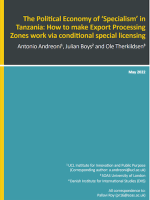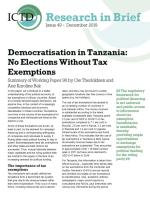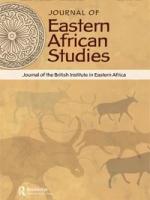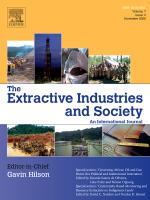The political economy of ‘specialism’ in Tanzania:
Special Economic Zones (EPZ) are specific locations within a country where firms get incentives to invest, such as tax breakes, fast-track services through customs, access to infrastructure, ect. In turn, the firms must export a large proportion of their production. This creates jobs, increases foreign exchange earnings and pushes industrialisation. EPZs were an important driver of growth in China.
But do we really know how EPZs work in Africa? Why does the evidence on their functioning and impact on industrialisation remain mixed and largely opaque? Which corruption vulnerabilities matter the most? How can they be reduced by 'conditional special licencing'?
Antonio Andreoni, Julian Boys and I try to unpack these issues in Tanzania for the Anti-Corruption Evidence (ACE) Research Consortium at SOAS.
We argue that a feasible anti-corruption strategy should start from reducing the interests of the firms themselves in misusing the EPZ licensing scheme. This can be done by introducing a simple selection criterion, which we call 'Conditional Special Licensing.’
Under our 'Conditional Special Licencing', an EPZ licence is granted to a firm only on the condition that the same enterprise has already secured contracts from international buyers. This ex-ante conditionality reduces the burden of enforceability at all levels of the government system, reduces the likelyhood of corruption and increases the chances that the EPZ will be a successful exporter.
DIIS Eksperter




